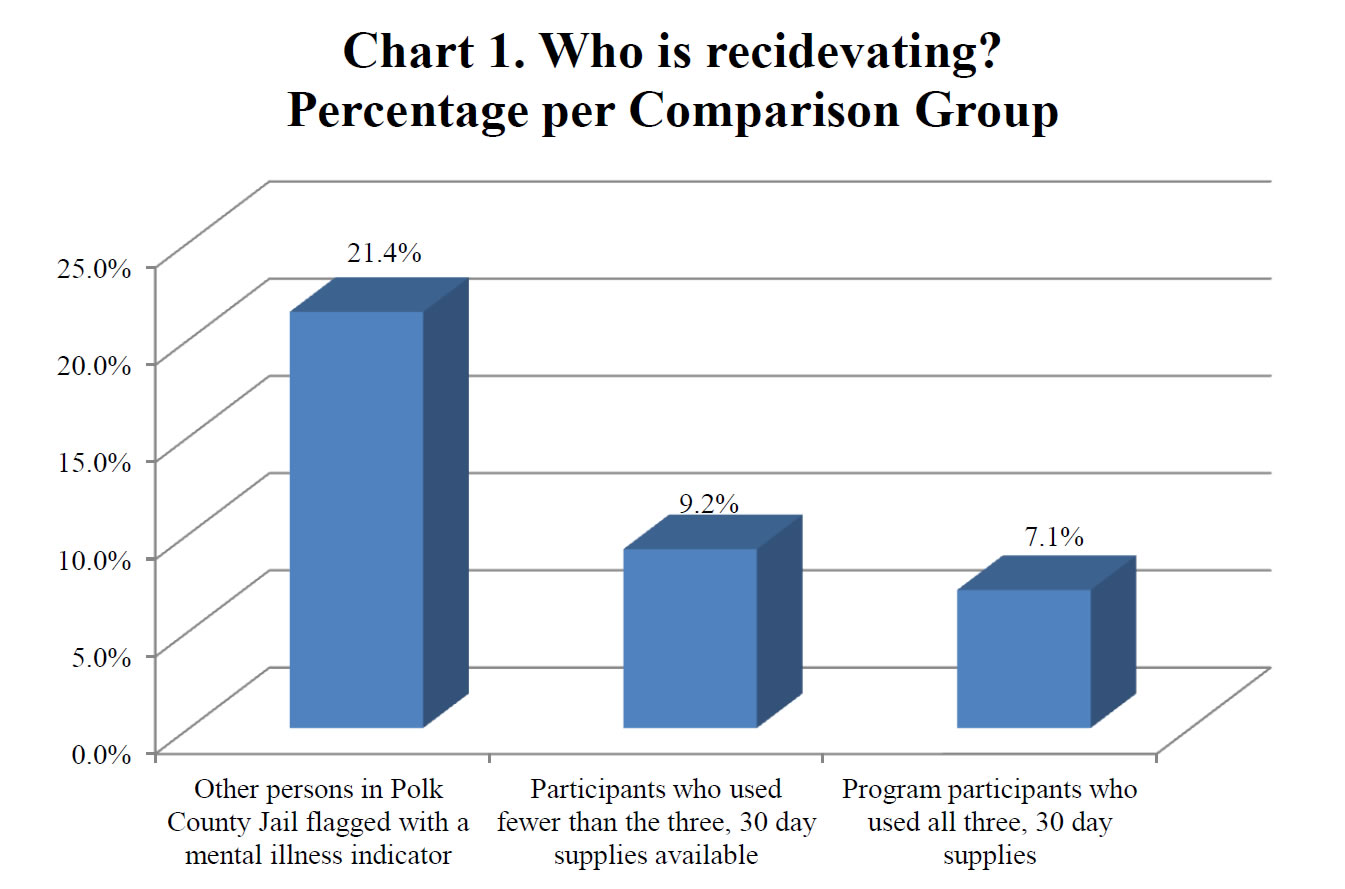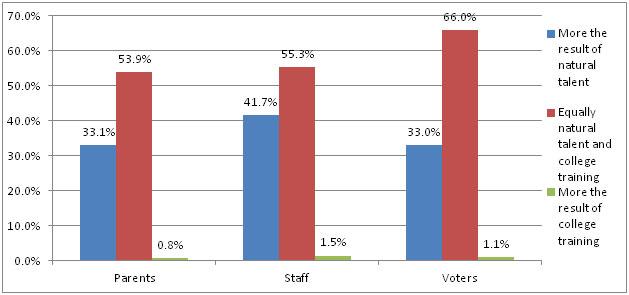Evaluation and Survey Research
Mapping Strategies principal Jim Addy has provided survey and evaluation research as a consultant, including federal grants, and overseen it as a division administrator for Iowa Department of Education. Jim is published and is human subjects certified.
Iowa Prescription Drug Corporation - Evaluation of Polk County Medication Assistance Program
The Polk County Jail Behavioral Health Medication Assistance Program provides program participants leaving the Polk County Jail in Des Moines, Iowa with access to free psychotropic medications.
Participating offenders are diagnosed or recognized from documentation as having mental illness by Polk County Jail staff. At the time of release, individuals who seek assistance are referred to a federally qualified health center in Des Moines where patients are seen by a primary healthcare provider on an appointment or walk-in basis. Participants are referred to a community mental health center or a regional medical center where longer-term behavioral health services are available during the 90 days of free medication.
An initial evaluation of the program by Mapping Strategies indicates a significantly smaller percentage of program participants are recidivating than non-participants with mental illness who are released from Polk County Jail and individual participants go back to jail fewer times after participating compared to prior behavior.

Read the report here. (PDF)
-----
Pay Equity Study - PDF
The Pay Equity Analysis Report referred to in Rekha Basu's Des Moines Register article on March 22, 2013 can be viewed by clicking the link above. (You'll need a PDF reader.)
---
Mapping Strategies, in conjunction with strategic partner State Public Policy Group, conducted a survey research project for Des Moines Public Schools of four populations - voters, staff, parents, and students - on its mission statements. Through dissecting the populations with comparisons from demographics, including spatial, to behaviors the data yielded many insights specific to DMPS and it particular mission and constituents.
Teaching, is it an Art or Science?
In your opinion, is the ability to teach or instruct the result of natural talent or college training? (Phi Delta Kappa & Gallop 2011) When forced to choose, voters nationally overwhelmingly selected talent as the reason for a teacher's success.

Thinking about the teachers you had who were "good teachers," was their ability to inspire students to learn more the result of natural talent, equally natural talent and college training, or more the result of college training? (Mapping Strategies 2012).

Many struggle with the question of what makes a good teacher? Is it pedagogical training (science) or nuanced, intrinsic personal characteristics (art). For the past 43 years the Phi Delta Kappa/ Gallop has annually gauged the nation's attitudes toward public schools. Their past survey included the above forcing question - where one must choose either one alternative or the other - on what makes a good teacher. Their results were illuminating: overwhelming the public sees teaching as an art. This question is not just one of novelty. It has many serious implications for professional development and education management.
As part of the Des Moines Public Schools Community Conversations 2012, Mapping Strategies leveraged the PDK/Gallop inquiry by changing the question response categories and comparing across relevant subpopulations. When given a middle ground - equally talent and training - that is where a majority of each population (group surveyed) in the Des Moines surveys fell. However, a meaningful percentage, especially among staff chose the option "more the result of natural talent," 41.7%: this is a significant ratio. There were no difference among staff demographic categories. Even tenure within the district (age cohorts are usually very strong) showed no statistically significant difference.
Given the general public's sentiment, and especially staff sentiment in Des Moines, perhaps there are implications for teachers' professional development. It does not necessarily mean that the art or intrinsic characteristics of person predetermine whether the person will succeed in teaching. Instead, maybe it reflects on the skill set that focused upon in development (e.g. soft sales skills of building rapport, etc.). What this finding does reveal for certain is that more research is warranted in this area. There is a disconnect between what staff and the public credit as the ability to teach and where most professional development efforts are focused.
